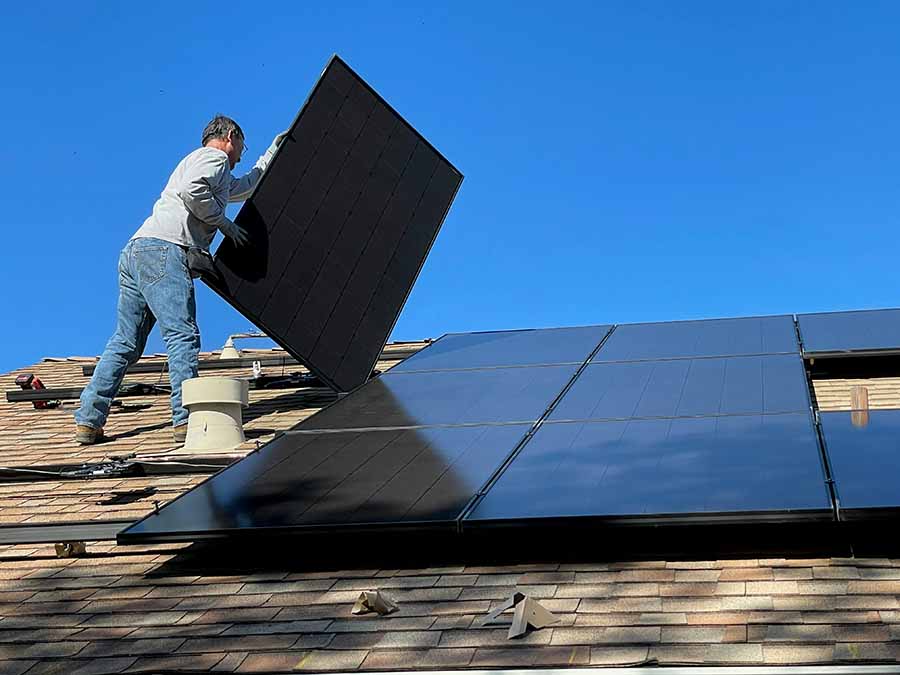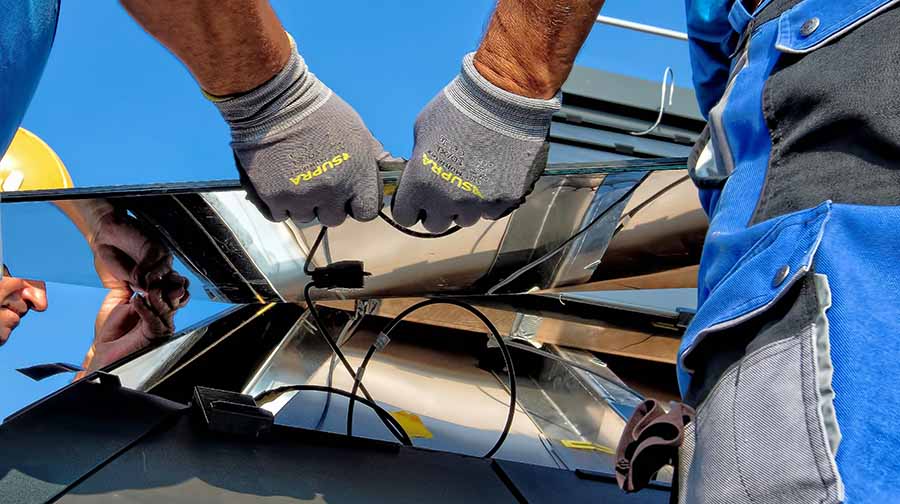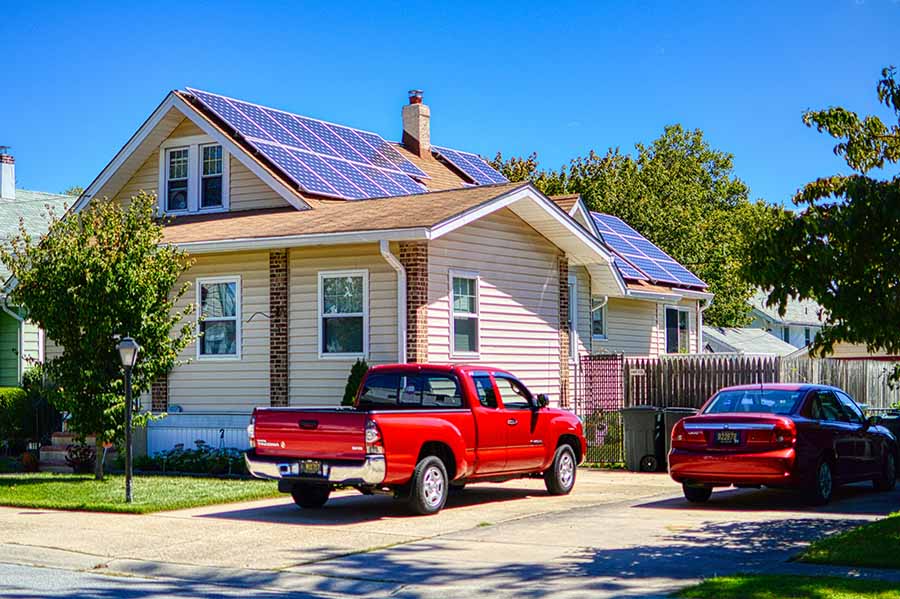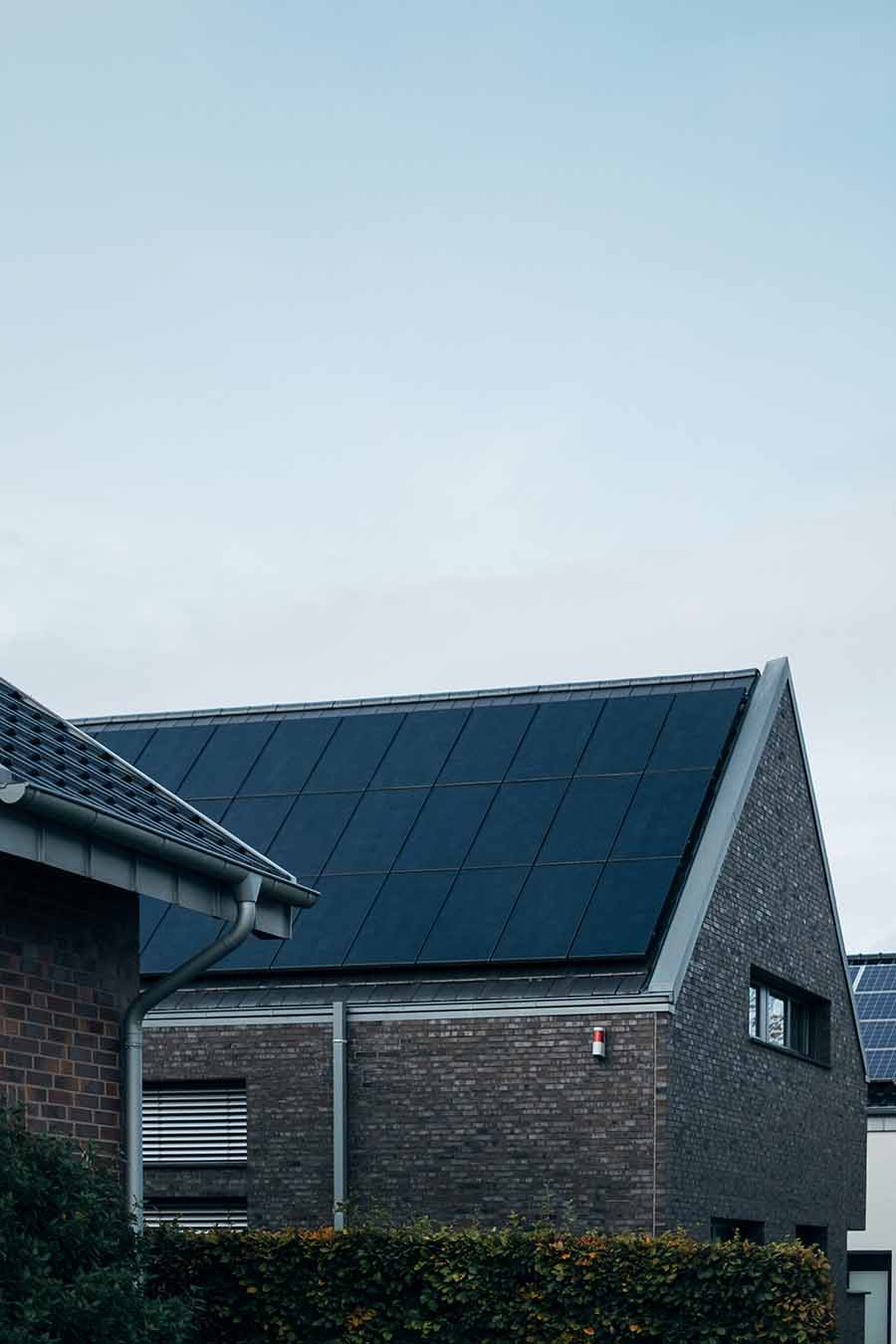So you’re ready to start receiving quotes or speak to installers about your options? If this is the case you’ll want to be prepared and ensure you get the most valuable information available to assist you in making an educated decision. Get prepared with our printable list of Questions To Ask Your Solar Installer Pre-Installation
Here are some questions that we feel any reputable solar installation company should be able to answer, if they can’t or won’t, think about whether you want to give them your hard-earned money.
1. How are the company’s reviews?

Before you even pick up the phone, look at any and all reviews available on companies doing solar installations in your area. There are several national databases of installer reviews out there including Solar Reviews, which lists more than 2,500 solar installers and opinions from more than 17,000 customers.
2. What licenses you have?

Every community is different, but all probably require a business license at the minimum. In many cases they also may be required to have a general contracting or home improvement license and include a licensed electrician on the team. You also should ask about insurance to be sure the installer would be fully covered in the event of an accident or damage to your home. Installers also should be well versed in obtaining all the proper local permits do to the work.
3. Who is going to do the work on my house?

This seems like a silly question since you will be talking to an installation company but not every installer has a full team of its own technicians. Some firms use sub-contractors and in that event you want to be sure that someone from the company you hired will have a supervisor on the site at all times.
4. What’s their experience?

How long has the company been in business in your state and how many installations have they done in your area?

Each state has different incentives, tax laws and processes, so you want to make sure they understand the laws and processes for solar where you live.
5. What kind of warranty does the company offer on its work?

Most of the hardware (solar panels, inverters, etc.) are covered by manufacturer warranties and the industry standards are fairly even across the board. However, the workmanship of the job is another story. Some firms will warrant the work for a year while others stand behind it for up to 10 years.
6. Is there something I should ask them while they are at my house?

Yes, yes, yes. Ask every single representative these questions:
- Is my roof sturdy enough to hold all this gear?
- Could the installation produce leaks in the roof … and if so, who fixes it?
- How much power will this system give me and how did you arrive at that figure?
- Will the company guarantee the amount of power you quoted me?
- How much will shade affect power production?
- What kind of inverter should I have? (There are several types and brands of the appliance that changes the electricity from AC to DC for use in the home. Prices and efficiency in different circumstances vary).
- Is the price you wrote on this piece of paper an estimate or a firm quote for your work?
7. Who will do the paperwork?

Will the company handle all the paperwork for solar renewable energy credits, grants and other incentives and tax breaks, or will you be navigating this on your own? If you don’t want to deal with bureaucracy, hiring a full service solar design and installation company that will handle the paperwork is a plus.
8. Does the company stay current with incentive programs?
A majority of states and the federal government offer incentives to install a solar energy system. The feds will pay up to 30% of your system as a tax credit and some states or cities give solar energy rebates for new systems. In addition, some utility companies have cash programs to help homeowners with their arrays.






